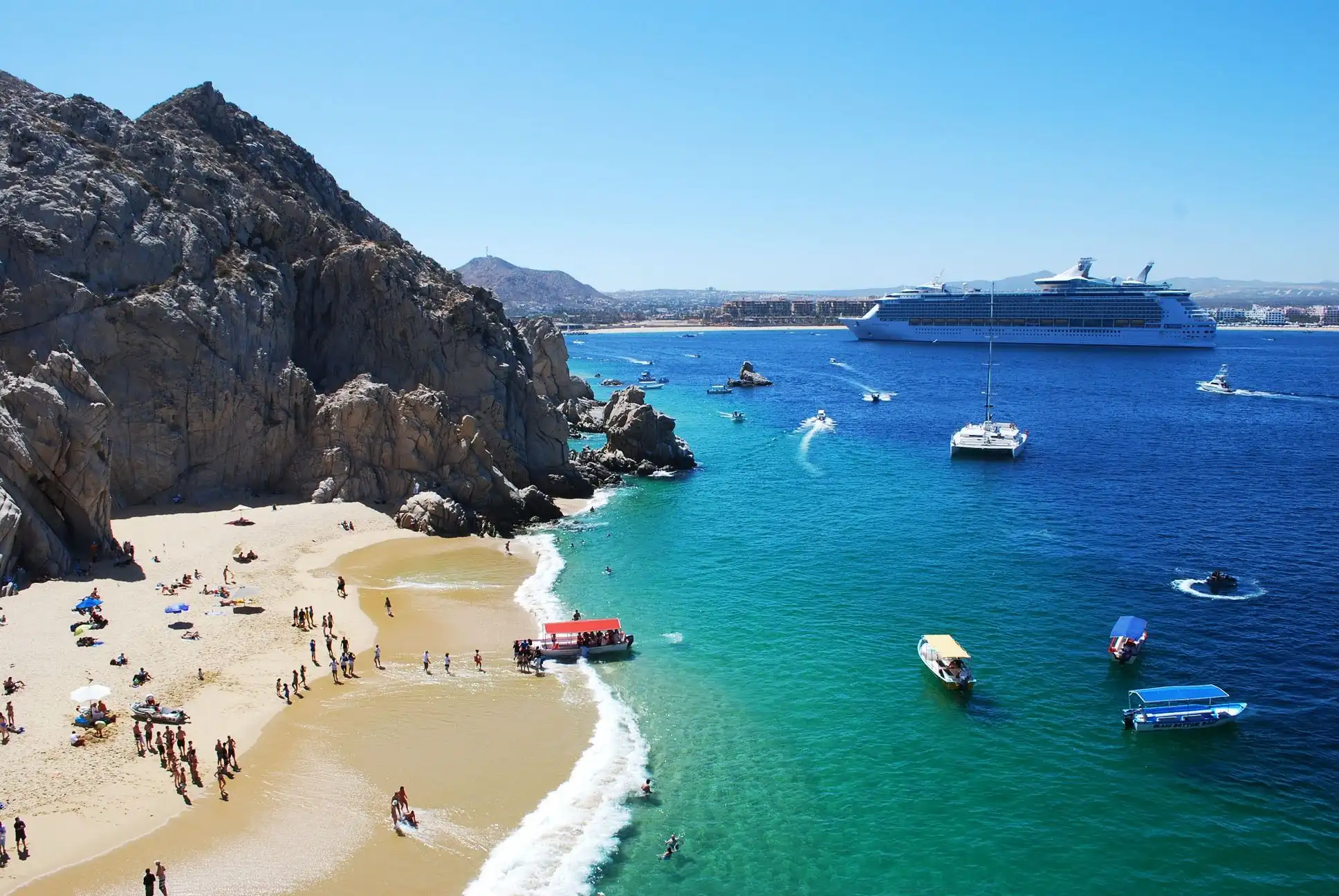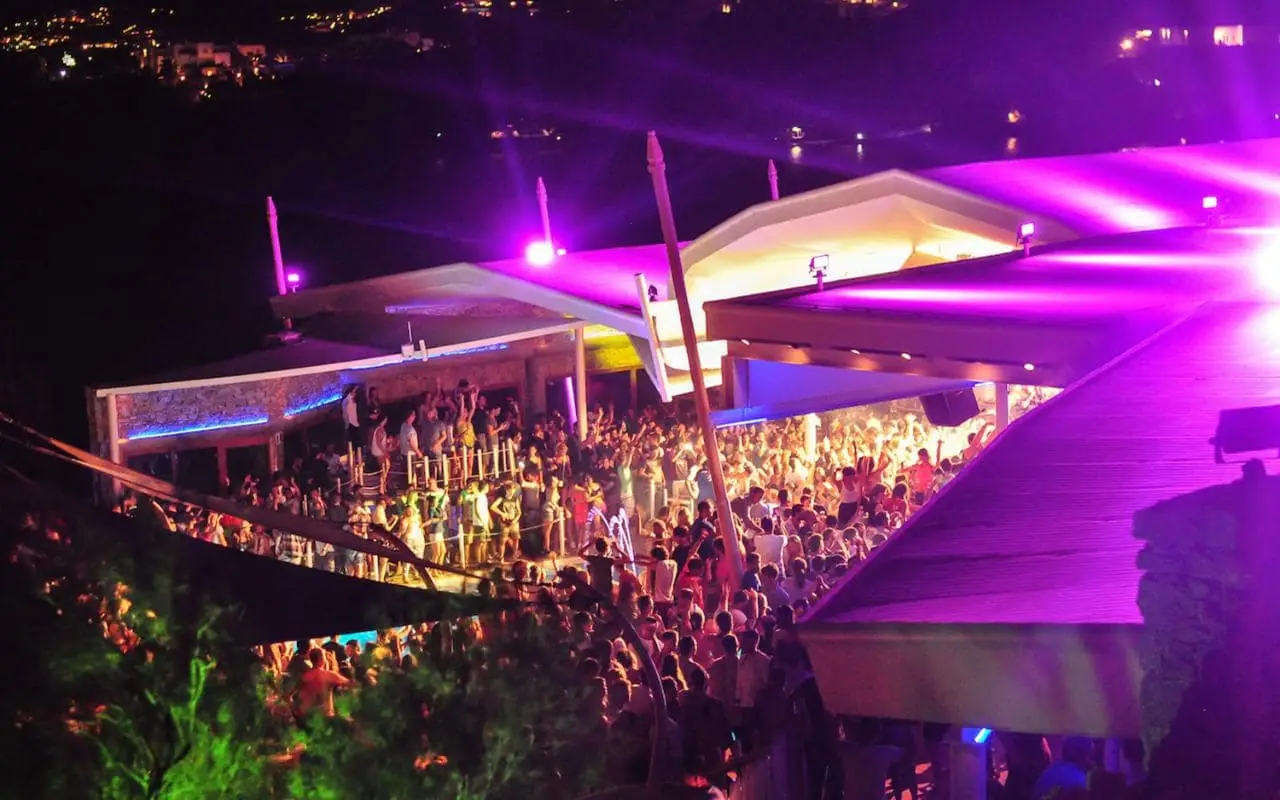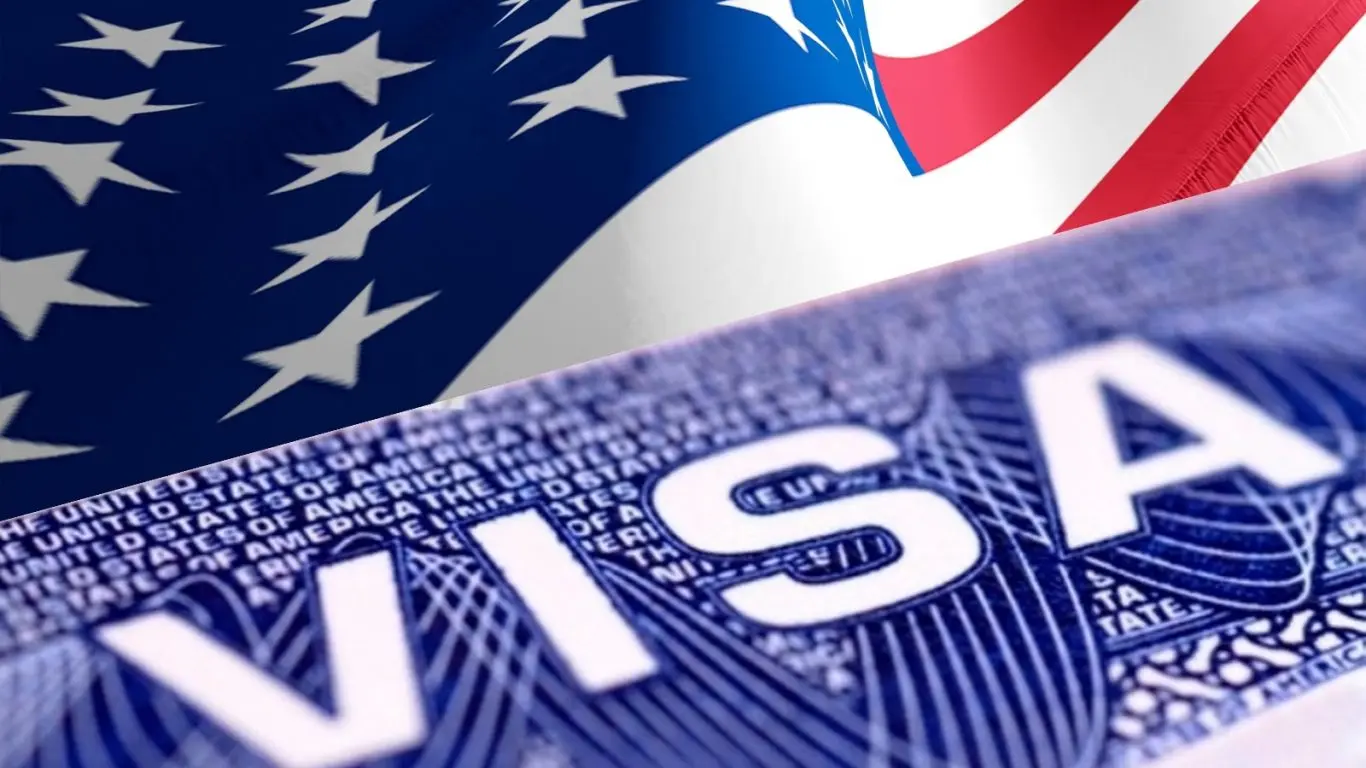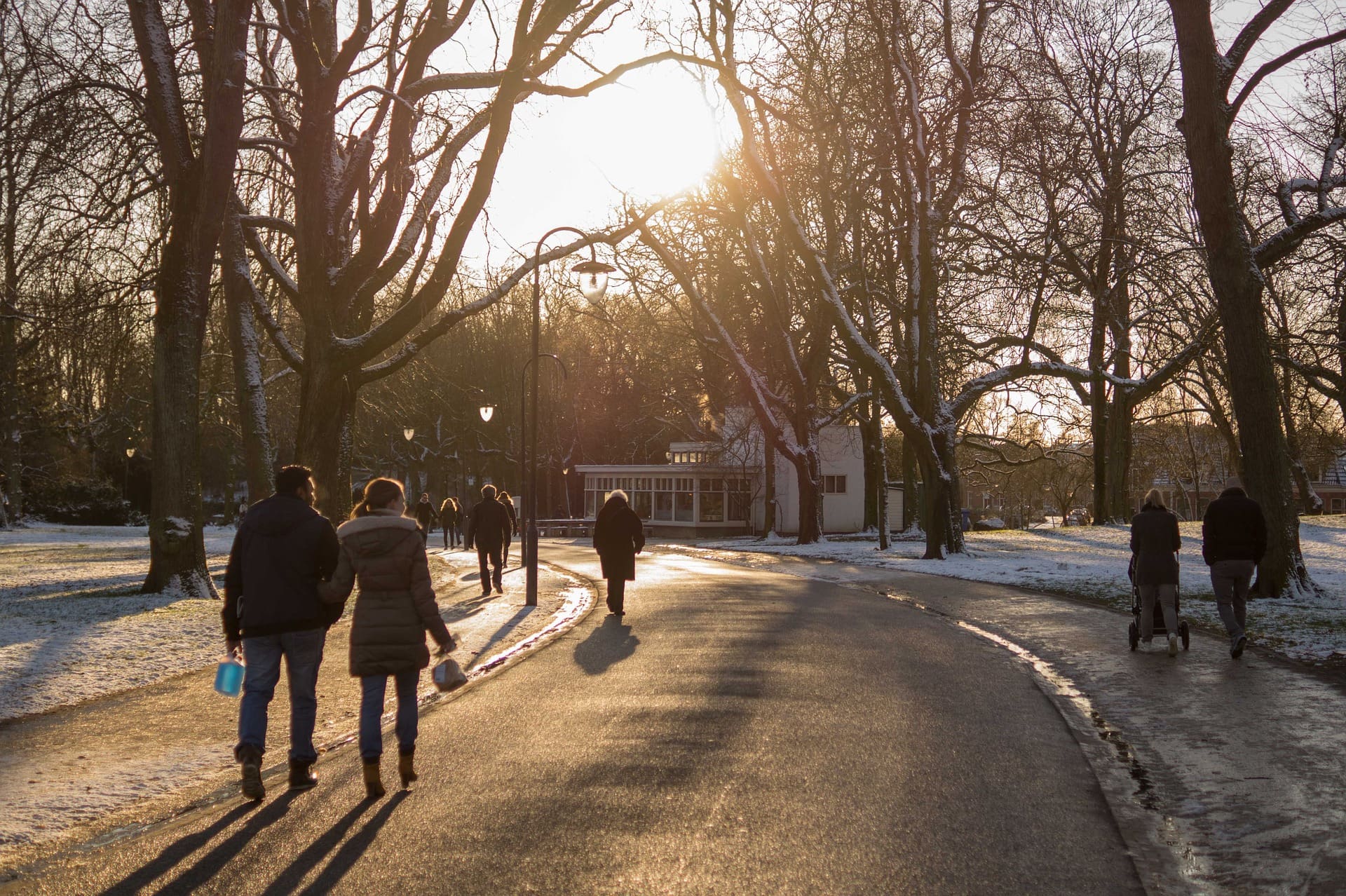Israel is a country that captivates travelers with its historical significance, unique landscapes, and rich culture. Known for its religious landmarks, such as the Western Wall in Jerusalem, and natural wonders like the Dead Sea, Israel attracts millions of tourists every year. However, before planning your trip to Israel in 2025, it’s essential to understand the safety landscape. Israel is located in a region that can sometimes be affected by political tensions, conflicts, and security risks, which may impact travel safety. While most areas of Israel are considered safe for tourists, there are several factors to keep in mind when assessing the security of your trip.
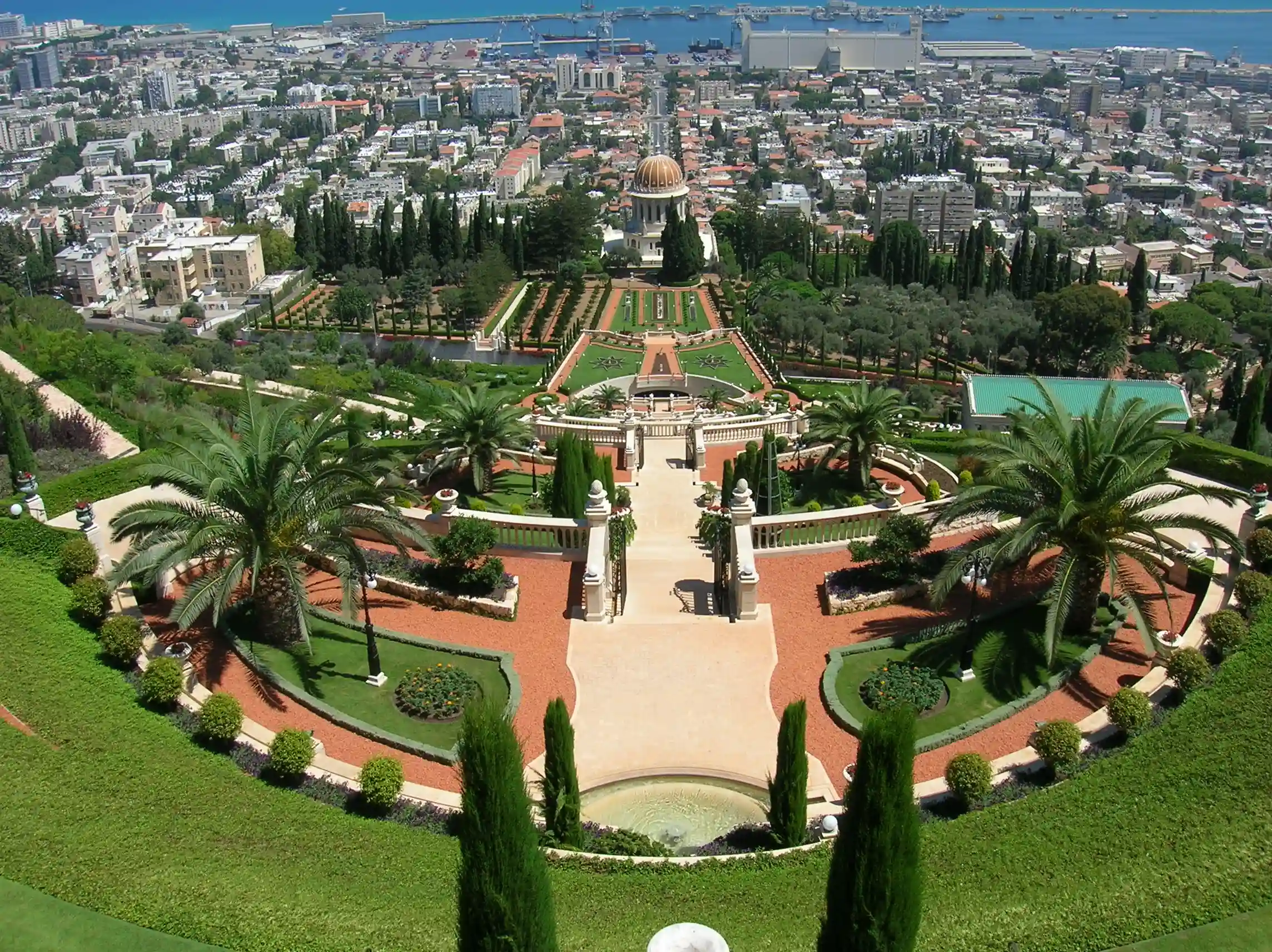
The security situation in Israel can fluctuate due to regional conflicts, political instability, and occasional flare-ups of violence. It is essential to stay informed about any travel advisories and alerts issued by your government or international organizations, as these will provide critical insights into the safety situation. Understanding which areas are safer to visit and which may pose risks can help you make informed decisions. While Israel offers incredible historical, cultural, and natural experiences, there are precautions you should take to ensure your safety, including adhering to local advice, avoiding conflict zones, and following emergency protocols in case of unexpected situations.
US Advisory about Israel Travel
The United States Department of State frequently updates travel advisories for different countries based on the prevailing security conditions. The advisory levels for Israel typically fall within a range from Do Not Travel for high-risk areas to Exercise Increased Caution for others. The advisory will inform travelers about regions that should be avoided and provide general guidelines for those planning to visit. For Israel, areas such as the Gaza Strip, the West Bank, and certain parts of the border with Lebanon may be highlighted due to the ongoing geopolitical instability. While the major cities and most tourist destinations in Israel are generally safe, travelers are encouraged to monitor local news and follow the advice of both international bodies and local authorities.
If the advisory recommends Exercise Increased Caution, it means that while the situation in the country may not be immediately dangerous, travelers should remain vigilant, especially when traveling to areas of high political or military activity. This advisory level is a reminder to avoid unnecessary risks, such as engaging in protests or traveling to border regions without proper guidance. Travelers are encouraged to stay informed and take the necessary precautions to safeguard their wellbeing.
Do Not Travel Region

Some parts of Israel and its neighboring territories may be considered high-risk areas due to ongoing conflict, particularly in regions close to the Gaza Strip or the West Bank. These areas are generally highlighted by travel advisories with a Do Not Travel designation, which means that visitors should avoid entering these regions. Political instability and sporadic outbreaks of violence in these zones make them potentially hazardous for tourists. This includes areas near the Gaza Strip, the West Bank, and certain parts of the southern and northern borders of Israel. Additionally, regions with limited infrastructure or areas affected by political conflict can also pose significant safety concerns for travelers.
It’s crucial to adhere to travel restrictions and avoid these areas to minimize the risks posed by military operations or clashes. In some instances, armed conflicts can break out unexpectedly, especially in politically sensitive regions. It’s always wise to double-check any travel advisories and reach out to the local embassy or consulate for the latest safety updates before traveling to these high-risk zones.
Exercise Increased Caution
For most tourist destinations in Israel, the US advisory typically recommends Exercise Increased Caution. This level of advisory means that travelers should be mindful of their surroundings and take extra care to ensure their safety, especially in large cities such as Tel Aviv and Jerusalem. While these cities are bustling with culture and history, political tensions or protests can sometimes spill over into public spaces. Tourists may find themselves in areas where demonstrations or rallies are taking place, and such situations can turn volatile.
To stay safe, tourists are advised to avoid areas where large gatherings or protests may be occurring. It’s also important to stay updated on local news regarding the security situation, and always have a plan in place in case you need to leave an area quickly. Adherence to local laws and regulations is also essential, as non-compliance with security protocols can lead to complications, especially when traveling in more sensitive areas. It’s always a good idea to stay in well-known tourist districts that are frequented by locals and other international visitors.
Common Crime
Israel is relatively safe in terms of violent crime; however, like any major tourist destination, it is not immune to petty crime, especially in crowded areas or tourist hotspots. Pickpocketing and theft can occur in busy markets, public transportation, and popular tourist sites. Travelers should be especially cautious in crowded areas such as open-air markets in Jerusalem or Tel Aviv. It’s wise to carry only what is necessary and to store your valuables securely, such as in an anti-theft bag or money belt.
Additionally, tourists should be aware of their surroundings when using public transportation or visiting popular tourist attractions, as these are common targets for petty theft. When in doubt, leave valuables in a hotel safe and only take what you need for the day. By staying alert and practicing common-sense safety habits, you can avoid most of the risks related to petty crime.
Rocket Fire
Certain regions in Israel, particularly those near Gaza or Lebanon, are more likely to experience rocket fire, which could potentially disrupt a visit to the country. Israel has a highly advanced missile defense system known as the Iron Dome, which intercepts most incoming rockets, but there is still a risk in certain border areas. In the event of rocket fire, the Israeli government has clear protocols and safety instructions for residents and visitors, including designated shelters and safe rooms within buildings.
While cities like Tel Aviv and Jerusalem are generally safe from direct attacks, travelers should always be aware of the possibility of escalation in certain regions. Keep an eye on local news updates, as Israel’s emergency services and defense systems will often alert people in affected areas. In the rare case that rockets are fired, following the guidance provided by local authorities and taking shelter in a secure location is the most important step to ensure your safety.
Landmines
Some areas along the borders of Israel, particularly near Lebanon or Syria, may still be affected by landmines and unexploded ordnance (UXO) due to past conflicts. These areas are not commonly visited by tourists, but it’s crucial to stay within designated areas and avoid wandering off the beaten path, particularly near military zones. If you’re visiting regions in the north, especially around the Golan Heights, it’s advisable to stick to tourist-friendly trails and avoid unexplored areas that may still pose a risk due to landmines or UXO.
Israel has made significant progress in clearing landmines from many regions, but tourists should always be cautious when traveling in less developed or off-the-beaten-path areas. Stick to marked paths and ensure you’re accompanied by a local guide when exploring rural or remote locations.
Politically Motivated Protests
Protests and demonstrations, particularly in politically charged regions such as Jerusalem, can occasionally lead to unrest. These protests may be related to domestic politics, religious conflicts, or international tensions, particularly regarding the Israeli-Palestinian conflict. It’s essential to avoid participating in protests and to steer clear of large crowds that may become confrontational. While most protests are peaceful, there is always a risk of them turning violent, especially if tensions escalate.
Dos and Don’ts
To ensure a smooth and safe trip to Israel, here are a few essential dos and don’ts:
Do’s:
- Respect the Local Culture: Israel is a diverse country with various cultural and religious communities. Modesty in dress is highly recommended when visiting sacred sites, particularly at the Western Wall or churches.
- Stay Informed: Keep track of current events and political situations in Israel, especially if you are planning to visit politically sensitive areas. Check with local authorities and your embassy for safety updates.
- Follow Security Protocols: Israel has strict security measures in place, including bag checks at public sites and transportation hubs. Always cooperate with security personnel and be prepared for these procedures.
Don’ts:
- Avoid Political Discussions: Conversations about politics, especially the Israeli-Palestinian conflict, can be sensitive. Respect local opinions and avoid engaging in heated debates.
- Stay Away from Protests: As mentioned, avoid any form of protest, even as an observer, as these situations can escalate quickly.
- Don’t Travel Alone in High-Risk Areas: Stick to well-traveled tourist areas and consider hiring a guide if you’re venturing into less familiar regions, especially near conflict zones.
Things to Do in Israel

Israel is rich in history, culture, and adventure, offering a wide array of experiences for all types of travelers. Some must-try activities include:
- Paragliding Through Mount Tabor: This unique experience allows you to soar above Mount Tabor, taking in panoramic views of the Galilee region, including the Sea of Galilee.
- Hike Through the Red Canyon: Located in Israel’s southern desert region, the Red Canyon features striking red rock formations and offers an unforgettable hiking experience.
- Visiting the Dead Sea: Known for its high salt content, the Dead Sea allows visitors to float effortlessly while benefiting from the therapeutic minerals in the water.
- Explore Jerusalem: No visit to Israel is complete without exploring the spiritual and cultural treasures of Jerusalem, from the Western Wall to the Dome of the Rock.
- Biblical Sites: Israel is home to numerous biblical landmarks, including the ruins of Masada, which sit atop a desert plateau overlooking the Dead Sea.
Entry and Exit Requirements
Israel requires visitors to have a valid passport and often does not require a visa for stays of up to 90 days. Travelers should always confirm the latest visa requirements based on their nationality. For visitors who plan to travel to neighboring countries, be aware of entry restrictions and potential issues related to past visits to Israel, as some countries may have restrictions or require additional paperwork.
Conclusion
Traveling to Israel in 2025 can be a memorable and enriching experience, offering a combination of historical sites, vibrant culture, and beautiful landscapes. However, it’s important to stay informed about the security situation, follow local advice, and avoid high-risk areas to ensure a safe trip. By remaining cautious, respecting local customs, and staying aware of the current political and safety climate, visitors can enjoy all the incredible experiences that Israel has to offer.
FAQs
- Is it safe to travel to Israel in 2025?
- While Israel remains a safe destination for most travelers, it is essential to avoid certain regions, such as Gaza and the West Bank, due to political tensions and conflict. Always check travel advisories before planning your visit.
- What should I do in case of rocket fire in Israel?
- In the event of rocket fire, follow local instructions to seek shelter in designated safe areas. Israel has a well-organized missile defense system and emergency procedures for tourists.
- Do I need a visa to visit Israel?
- Visitors from most countries, including the US and EU, do not need a visa for stays up to 90 days. However, it’s advisable to check entry requirements based on your nationality.
- What areas in Israel should be avoided?
- Avoid areas close to conflict zones, such as the Gaza Strip and the West Bank, as well as the southern and northern borders with Lebanon and Syria. These regions can be volatile due to military tensions.
- What are some must-see attractions in Israel?
- Popular attractions include the Dead Sea, Jerusalem’s religious sites, Mount Tabor for paragliding, the Red Canyon for hiking, and Masada for its historical significance.


